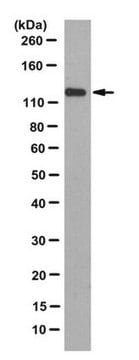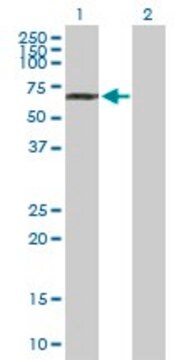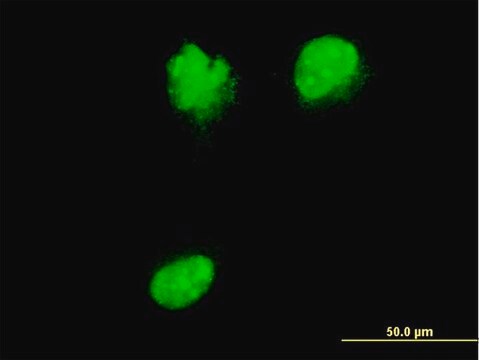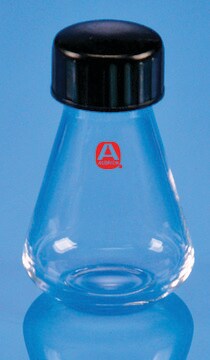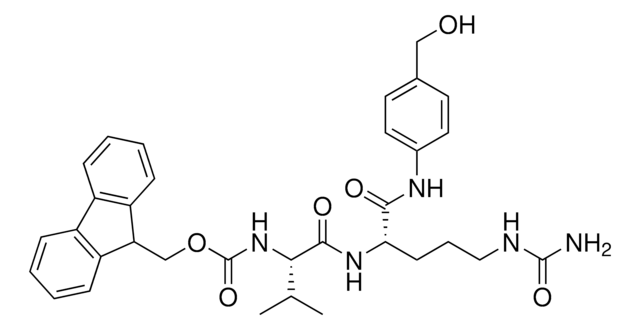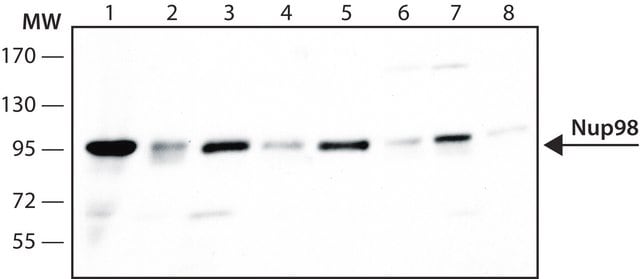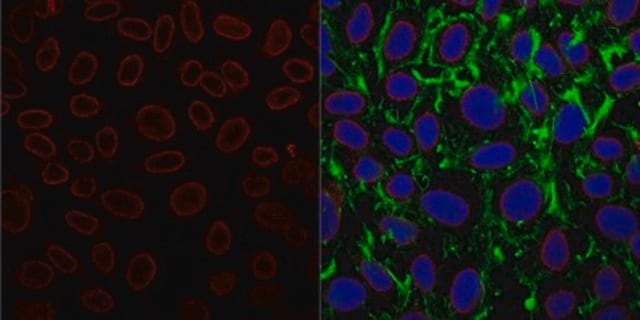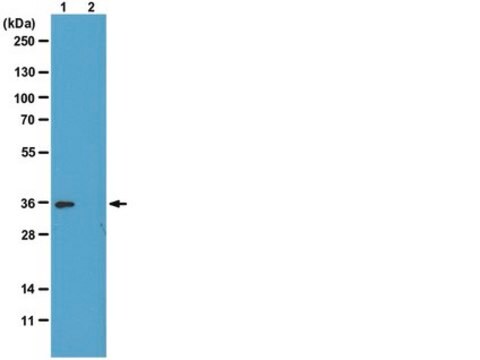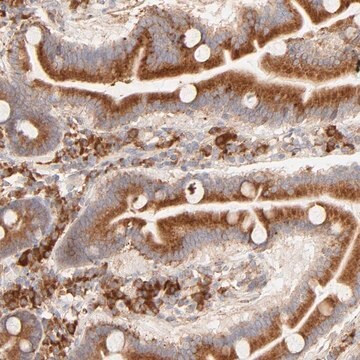MABE1040
Anti-Nup98 Antibody, clone 2H10
clone 2H10, from rat
Synonym(s):
Nuclear pore complex protein Nup98-Nup96, Nuclear pore complex protein Nup98, 98 kDa nucleoporin, Nucleoporin Nup98, Nup98, Nuclear pore complex protein Nup96, 96 kDa nucleoporin, Nucleoporin Nup96, Nup96, Nup98
About This Item
Recommended Products
biological source
rat
Quality Level
antibody form
purified antibody
antibody product type
primary antibodies
clone
2H10, monoclonal
species reactivity
human, mouse, rat
technique(s)
immunocytochemistry: suitable
western blot: suitable
isotype
IgG2cκ
NCBI accession no.
UniProt accession no.
shipped in
wet ice
target post-translational modification
unmodified
Gene Information
human ... NUP98(4928)
General description
Specificity
Immunogen
Application
Immunocytochemistry Analysis: A representative lot detected Nup98 nuclear localization in HeLa cells (Fukuhara, T., et al. (2005) Hybridoma (Larchmt). 24(5):244-247).
Immunocytochemistry Analysis: A representative lot detected nuclear localization Nup98 in NIH/3T3 cells (Oka, M., et al. (2010) Mol Biol Cell. 21(11):1885-1896).
Epigenetics & Nuclear Function
Nuclear Receptors
Quality
Western Blotting Analysis: 1.0 µg/mL of this antibody detected Nup98 in 10 µg of HeLa nuclear extract.
Target description
Physical form
Storage and Stability
Other Notes
Disclaimer
Not finding the right product?
Try our Product Selector Tool.
Storage Class
12 - Non Combustible Liquids
wgk_germany
WGK 1
flash_point_f
Not applicable
flash_point_c
Not applicable
Certificates of Analysis (COA)
Search for Certificates of Analysis (COA) by entering the products Lot/Batch Number. Lot and Batch Numbers can be found on a product’s label following the words ‘Lot’ or ‘Batch’.
Already Own This Product?
Find documentation for the products that you have recently purchased in the Document Library.
Our team of scientists has experience in all areas of research including Life Science, Material Science, Chemical Synthesis, Chromatography, Analytical and many others.
Contact Technical Service